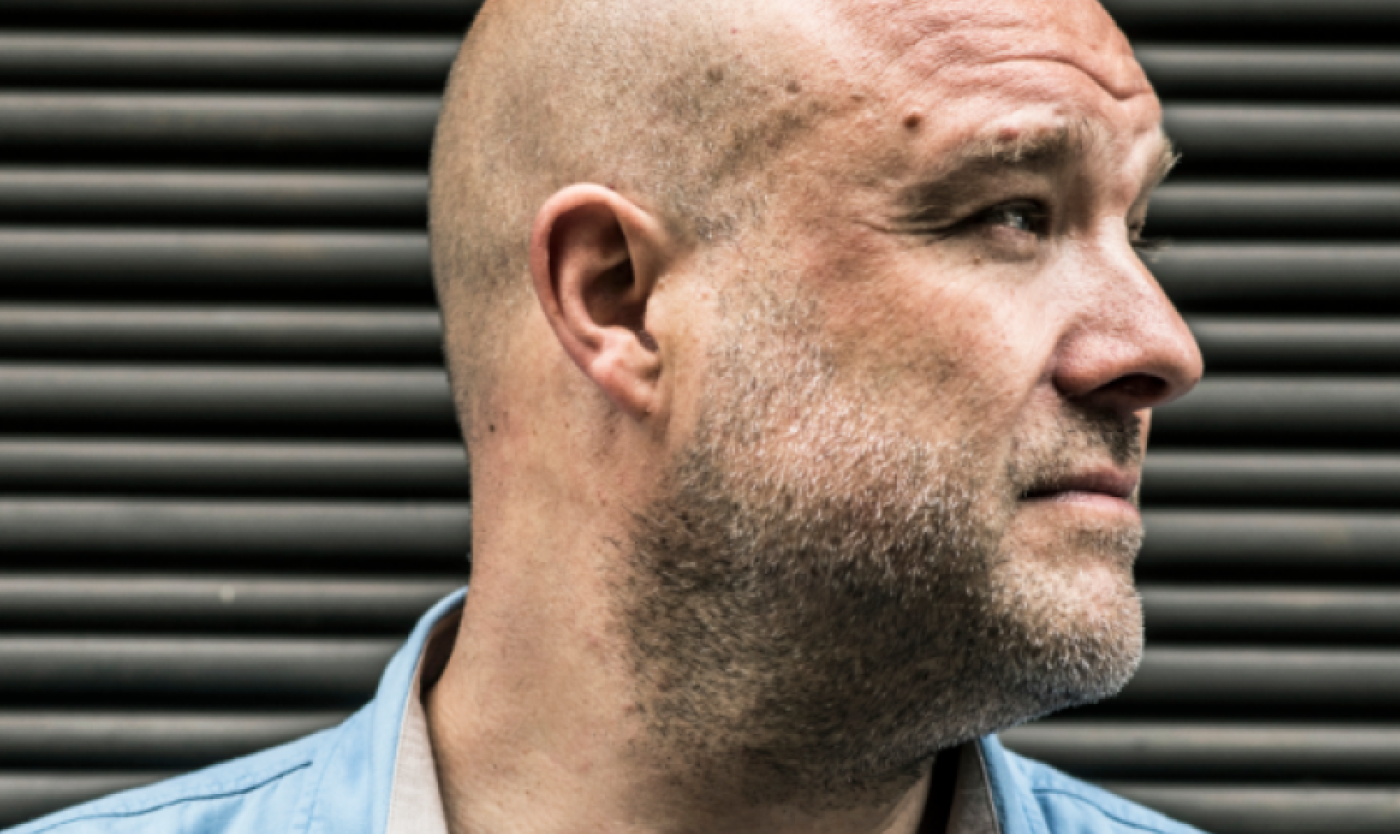
21 June is World Humanism Day, a moment of reflection on human dignity, critical thinking and the importance of universal values. Philosopher Gustaaf Cornelis (Vrije Universiteit Brussel) wonders whether we are losing our humanity in a world increasingly dominated by power, manipulation and technological alienation. He calls for a revaluation of humanism, especially now that common sense and respect for the individual are under pressure.
"At times, the humanist landscape seems bleak. Humanist values appear to carry little weight these days. Around the world, countless crises rage on for reasons that defy humanist understanding—greed, arrogance, religious fanaticism, to name but a few.
Even democracies, whether real or only in name, too often descend into oligarchy—or worse, tyranny. The actions of those in power are increasingly inhumane, flagrantly violating human rights and common decency. People are forced to do what they do not wish to do, or to endure what they should never have to endure. Only a privileged few benefit. The thoughts or feelings of the wider population are of no concern to those in charge—it’s all for the so-called greater good.
This isn’t limited to the international stage. You might be thinking of Gaza, Kyiv or Los Angeles. Or perhaps your thoughts turn to local politics—or even the internal workings of your own employer. At every level, from national government to the office boardroom, we witness shocking forms of dehumanisation. Those in positions of power act without compassion, stifle democratic processes, or manipulate public thinking.

Humanists reject the idea of higher causes that reduce people to mere means to an end. For us, the goal is the common good. But living by that principle is easier said than done. The humanist’s toolkit is full of noble values—solidarity, freedom, equality, justice, honesty—but when it comes down to it, these are often cast aside in favour of laziness, blind faith, and stubborn individualism. Many are all too willing to ignore the basic moral imperative: do not use others as tools. That’s how workplace disputes turn into fires—and how global infernos are ignited. It always comes back to this.
This presents a serious challenge for humanism, the philosophy that defends the right to self-determination—from the individual to the nation. But what can we do if common sense is in short supply? What are we left with when humanity is lost at every level of life?
On 21 June—World Humanist Day—let us take a moment for serious reflection. A worldly pause in which each of us, individually, considers what we still hope to achieve with this strange species that seems so willing to forget itself. A moment away from the oligarchs, no matter where they sit—behind a minister’s desk or a corporate boardroom table.
If we’re lucky, we may rediscover our humanity. We might find that humanist values do work—in the meeting room, on the street, at the border. If not… well, then we simply continue drifting in an illusion, convincing ourselves we’ve reached paradise, even though we’re not dead yet."
This is a machine translation. We apologise for any inaccuracies.